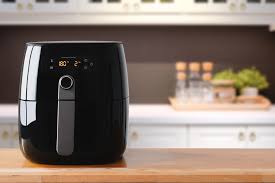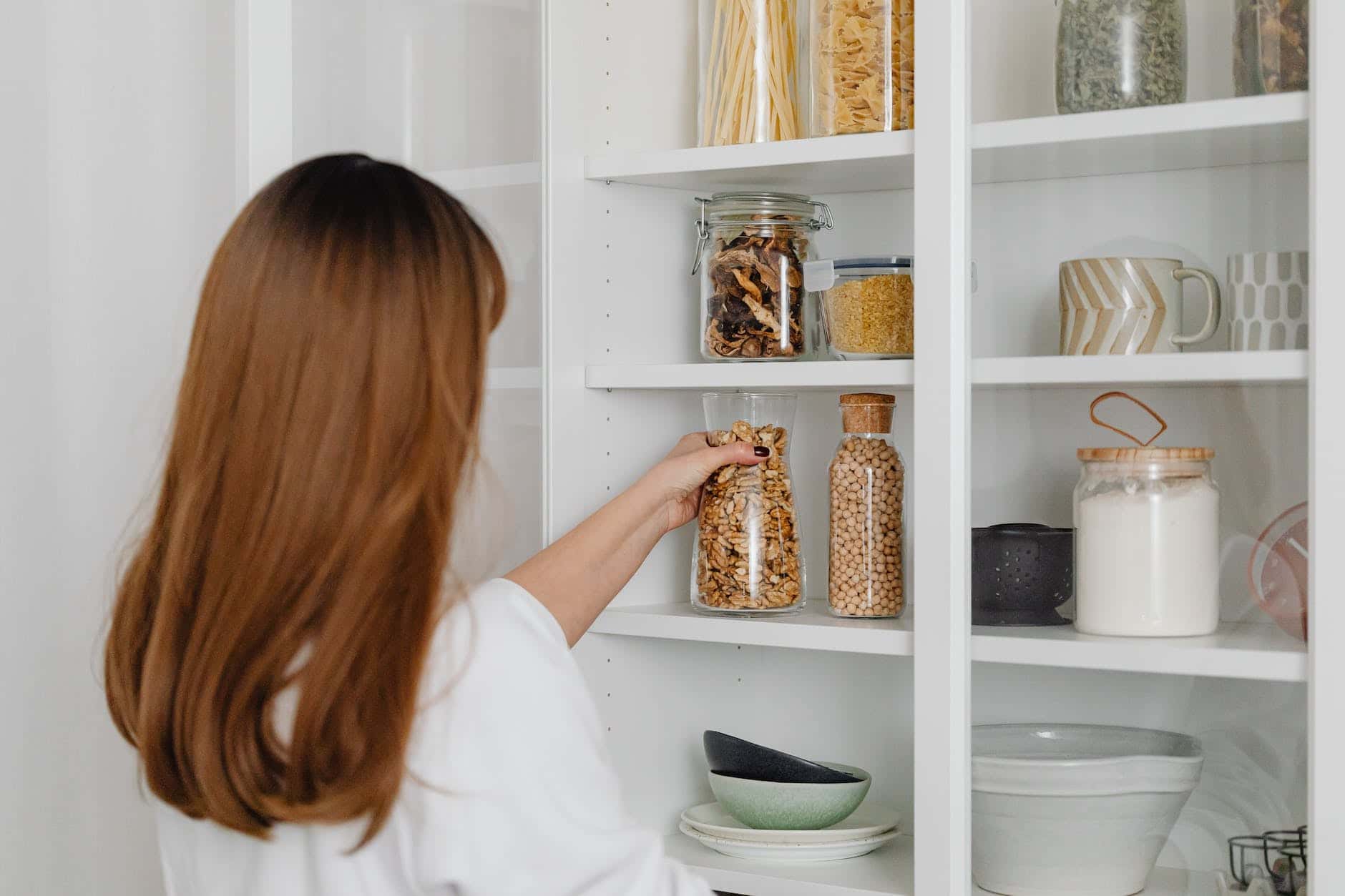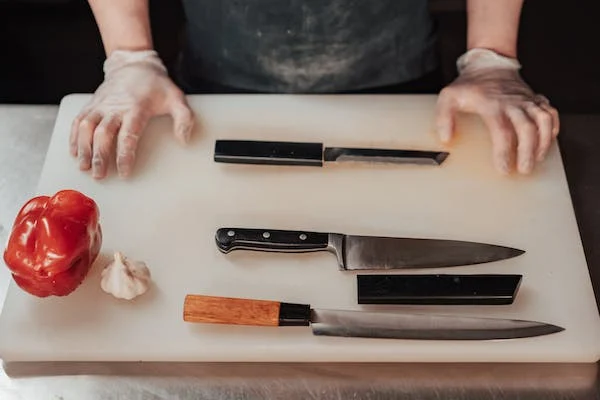How to Store Food Properly in Hotels and Restaurants
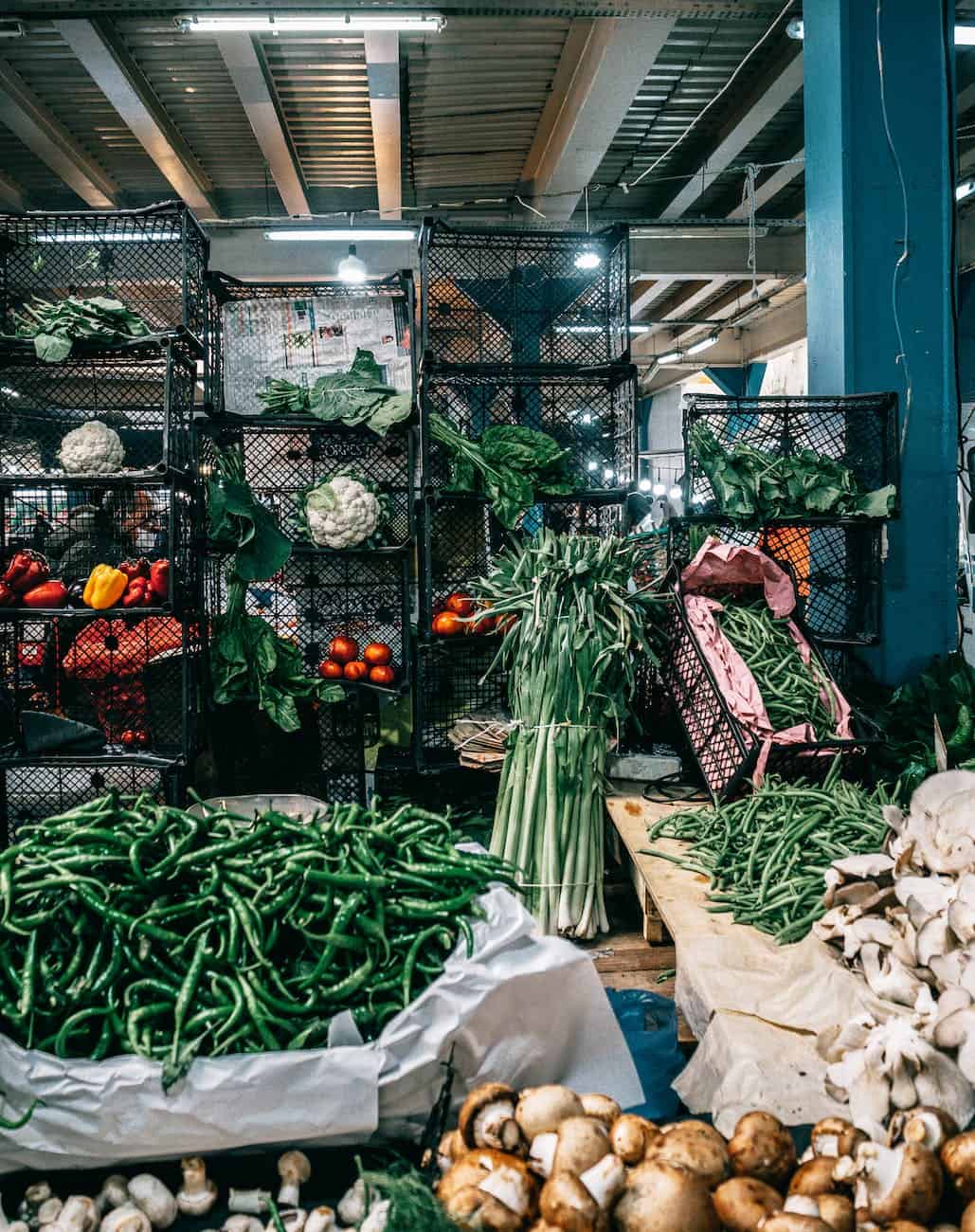
As the manager of a food service business like a hotel or restaurant, I’m sure you understand how important it is to store food properly and handle food items correctly.
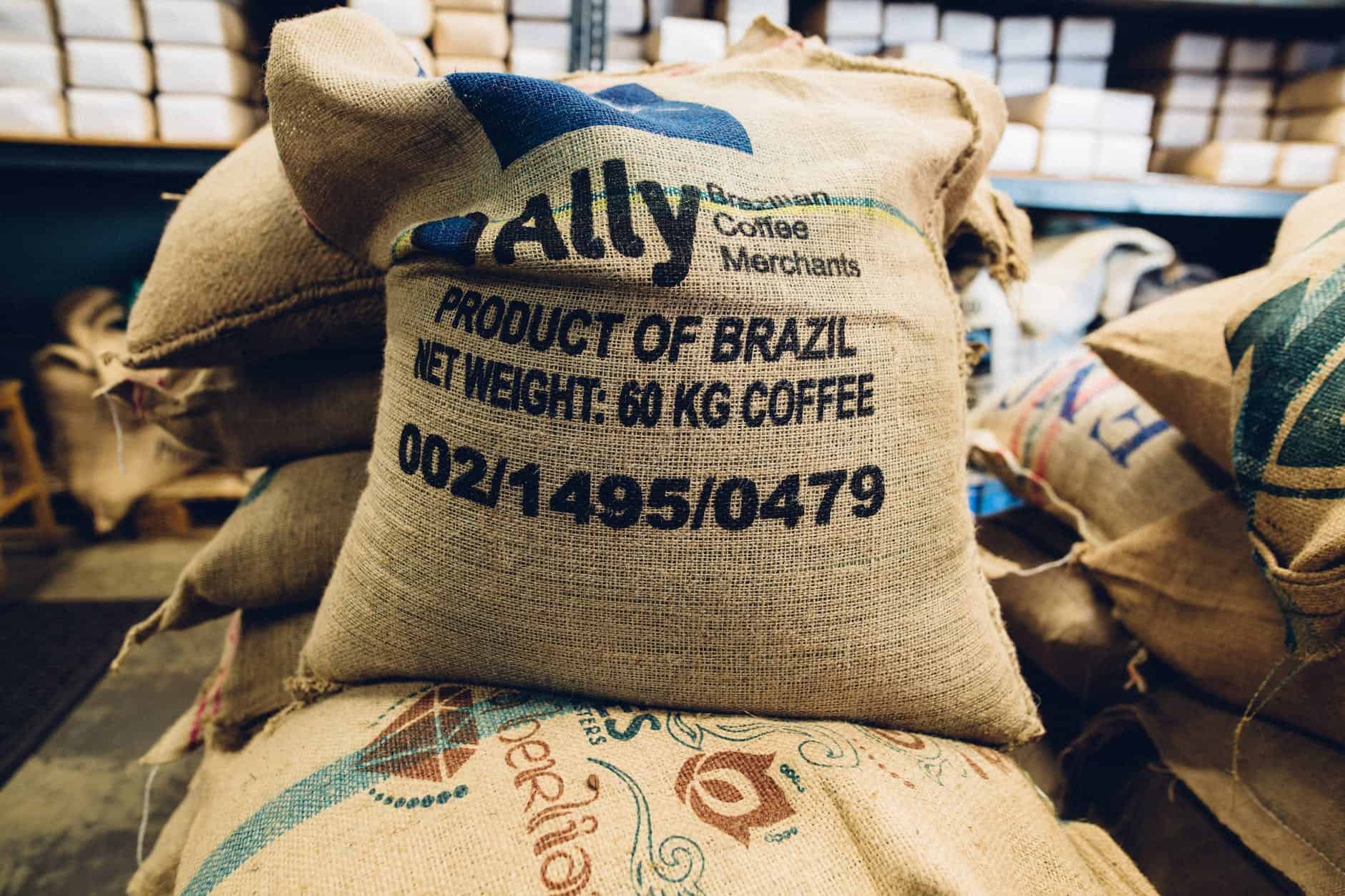
In case you are here because you’re not fully aware, here are vital reasons you should store food properly:
- To avoid rot or food spoilage
- To avoid food wastage
- To prevent wasting money on new food supplies when food items go bad.
- To avoid unintentionally poisoning customers.
- To ensure all foods are properly managed and stored
- To ensure your hotel or restaurant follows the food safety and hygiene guidelines.
Also read: Guide on How to Choose the Best Cookware Set
How to store food properly

To store food properly, here is what you need to know.
- The major food items you should know how to store.
- The ways to store food items
Important food items you should know how to store
- Meat
- Fish
- Poultry: Chicken, Turkey
- Eggs or egg products
- Canned and sealed goods
- Bread items
- Vegetables
- Fruit
- Cooked foods
- Prepared foods
- Diary: Milk, Cheese
The three ways to store food items
- Store in a cool dry place
- Store in the refrigerator
- Store in the freezer
How to store food properly in a cool dry place
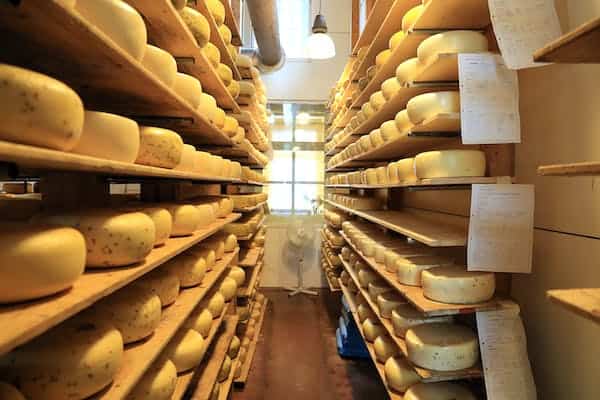
To know which items are to be stored in a dry place, you will usually see things like “store in a cool dry place” on the label or package. You can also store products like canned or sealed goods, unopened packaged goods, sealed baked goods, and other dry goods in this place.
Kitchen items like gas cleaner, window cleaner, detergent, or washing tools, should also be kept in a dry storage. However, they should be separated from food items.
Also, ensure your dry storage is at 10°C – 20°C temperature.
How to store food in the fridge or refrigerator
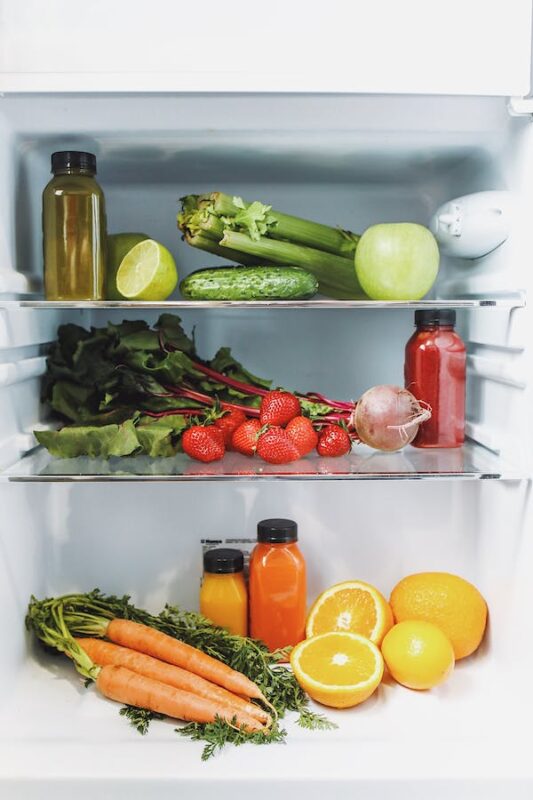
Food items to store in the refrigerator are items that you are ready to be consumed. These are food items that get spoiled easily.
Food items like meats, cooked foods, seafood, milk, cheese, and other dairy products, vegetables, fruits, rice, vegetable or fruit salad, etc.
Ensure these food items will be consumed within 2-4 hours. Also, ensure your refrigerator temperature is at 0-5°C to prevent microbes from growing on your meal (especially cooked meals like rice) which can lead to contamination or food poisoning.
How to store food properly in the freezer
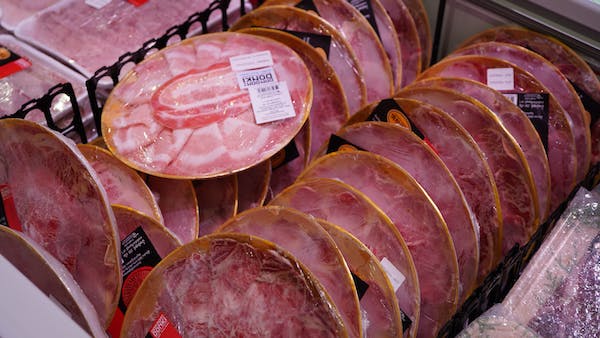
The freezer is mostly for foods that are prone to spoiling quickly and you don’t plan to consume immediately.
The freezer can store perishable foods for up to 2 months if stored properly and at -18°C temperature or below.
You can store food items like meat, seafood, poultry, cooked foods, cooked meat, cooked poultry, cooked soup/stew, etc., in the freezer.
How long can you freeze food items?
- Poultry – Up to 6 months
- Meat – 6-12 months (depending on type of meat)
- Pork – 4-6 months
Editor’s pick: Easy way to shred chicken
Safety and Hygiene tips to note when storing food
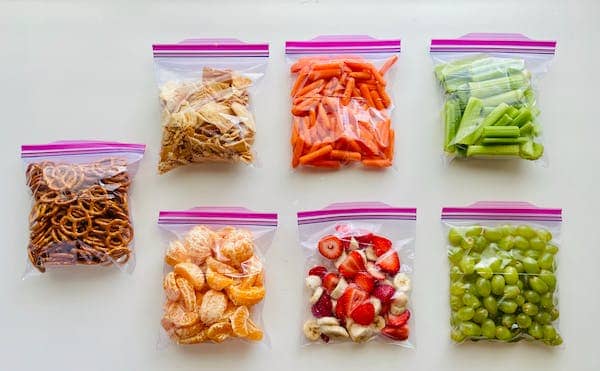
- Always check the expiry date or “best before” dates on packaged or sealed goods to ensure they are used before they expire.
- Don’t buy goods with closer expiry dates or those you don’t plan to use as soon as possible, to avoid wastage.
- Do not use goods that are expired.
- Store food products according to their expiry dates. Put the ones that will expire soon in front of the ones that will expire later so you can use them ASAP.
- When you notice a food item is rotting or has spoiled, don’t try to preserve it by storing it in the refrigerator or freezer. It can lead to food poisoning.
- Fresh fruits are bound to spoil after they are frozen. For example, when a watermelon is frozen, it swells up. When it thaws and it’s no longer frozen, it becomes soft and mushy and might not be useful again.
- Wrap food items in an airtight container to prevent freezer burn.
Shop Airtight containers
- Add labels and dates to the food items you want to freeze so you can take them out after their specified month.
- Avoid cross-contamination by separating cooked foods from raw foods when storing.
- Ensure to clean your refrigerator and dry shelf storage continually and thoroughly to prevent germs and bacteria.
- Use a thermometer to constantly ensure your storage is at the right temperature.
- Do not place dry storage food items directly on the floor. Use baskets, containers, and storage boxes.
Shop Storage baskets
You may also like: How to Make Healthy Smoothies for Your Hotel or Restaurant – A Mini Guide
What storage tip are you learning about for the first time? Let us know in the comments section. You can also read How to store food properly in the home.
If there are hotel and restaurant kitchen items you would like to purchase, check out our Shop.
You can also check out our blog for more hotel, restaurant, and food service kitchen posts like this.


